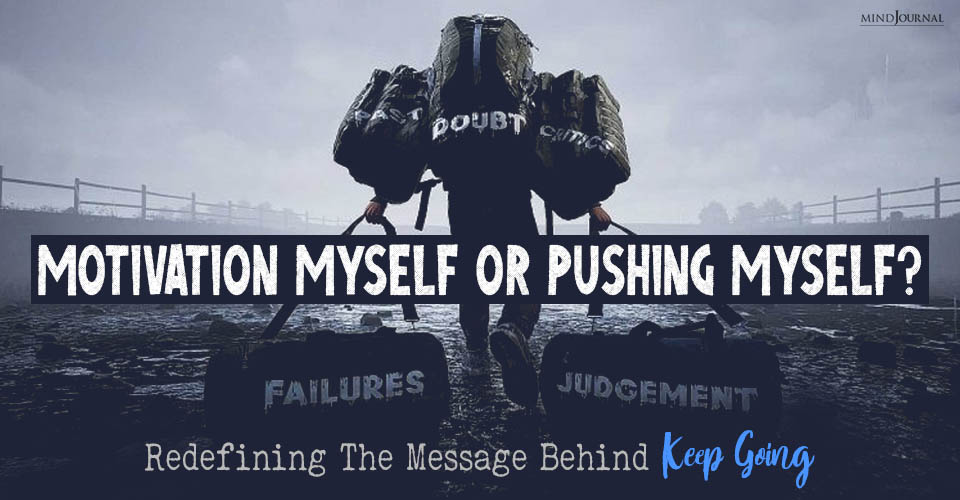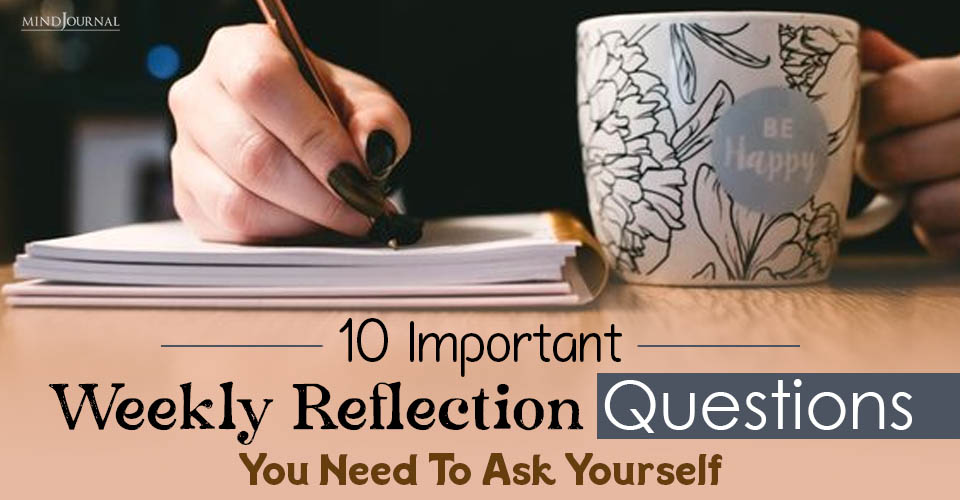A man with low emotional intelligence can wreck any relationship, while a man with a high emotional intelligence can be a key to a long lasting relationship.
Face it men, more is being asked of us than ever before, especially in relationships. Not only do we feel pressure to succeed and find meaning in our professional endeavors while being dutiful to our families and friends, but we are also being asked to stretch ourselves and engage more deeply and emotionally with those closest to us.
The literal neurological gap between our achieving, executive functioning, which we rely on in the boardroom, and our emotional attuning capacity that is necessary for satisfying relationships and connection in the bedroom, is quite large. We are being asked by our world to bridge this gap and approach our lives with more integration. Some of us have been granted a greater propensity for this than others.
Particularly for men, this capacity was not typically nurtured. Efficiency over effectiveness was our ruling paradigm, and having to deal with the emotional world just hindered getting things done. However, the contrary is necessary in order to add “deep” to the “meaningful” way we and our partners desire our life to be. Integration is key, and having a greater capacity for logic and emotion expands our repertoire of being fully human.
Read 8 Things Emotionally Intelligent People Do Not Do
Where and how do we start when our cells cringe at the thought of needing to emotionally process our relationship as soon as we come home from work?
Here are 3 ways to decrease this gap and increase your mastery of emotional intelligence.
1. Sensations over Story
Culturally we are too content-oriented. We listen to the words and take them at face value. We hear the thoughts in our mind and believe them.
I can’t believe her. She is so insensitive, can’t she see I am working my ass off. She is so ungrateful and never satisfied, how dare she question my love!
First step, when experiencing a noticeable emotion, focus inward (rather than toward the obvious other) and drop the story. Drop the ways your mind tries to create meaning of the situation and focus solely on the orb of sensations (or lack thereof) that is arising in your body. Trying to “figure out” what you are feeling, or blame others, runs you in circles. Just feel it, the raw sensations that arise when you are experiencing an emotion.
When starting to feel, consider these categories:
- Location: Where in your body does this emotion feel most conspicuous? Is it in your throat, chest, belly, neck, head? Pick one, focus there, and get curious.
- Size: Is the feeling small or large? Does it have a shape to it? Is it 3 three-dimensional or flat?
- Temperature: What is the temperature in this location? Is it hot, cold, warm, neutral, numb?
- Texture: Does this sensation have a texture? Bubbly? Rough? Smooth? Buzzing? Throbbing? Aching? Sharp? Soft? Hard?
- Intensity: Is the sensation loud or meek? Painful or pleasurable? Neutral, numb?
2. Increase Your Emotional Vocabulary
Communicating your emotions requires you to develop your emotional vernacular. This may sound elementary, as posters with emotional faces come to mind, though honestly, studying and expanding your vocabulary will help you more authentically describe your experience, thus expanding your emotional repertoire. A great free resource can be found here.
The broader your emotional vocabulary, the easier you will be able to identify what you are feeling and communicate it with nuance. Trust me, there is a lot more to experience than happy, sad, and angry.
You just earned a huge promotion at work. You come home with pleasurable sensations throughout your body and you are excited. Your partner asks how you feel and you say: “happy.” I am quite sure that “happy” does not sum up the experience you are having though that is the only word you have available to describe the ecstatic experience of being credited for the hard work you have been performing. With more vocabulary, you may bring her in a little more.
You know, I feel this ripple of warmth throughout my spine, it feels ecstatic, I feel proud, yet nervous, knowing I am being asked to take on even more responsibility.
Read Emotionally Intelligent Husbands Are Key To A Lasting Marriage
3. Respond Rather Than React
Once you cultivate a capacity to feel the sensations of an emotion distinct from the story, and you have increased your vocabulary, you can start to communicate your emotions to others. At first, you may just communicate the sensations that are arising.
Wow, as you question my financial security, I am noticing a huge lump in my throat and tight pain in my belly.
As you generate a greater propensity for awareness (and courage!), the same situation a little more vulnerable may sound like,
Wow when you question my financial security, I feel a lot of shame. Like somehow I should be making more money in order to keep you loving me.
Responding in this way opens another level of communication by bypassing our defensiveness, facilitating empathy in the other, and garnering more authentic and deeper connection.
As you develop your capacity to notice your emotions, feel the sensations, and communicate them, you are granting yourself practical access to a whole world of experience that offer depth to life. Rather than limiting conversation to the weather or sports, the coloring of your internal world can be shared and seen.
By accessing your own emotional world, you can start expanding this curiosity to the inner world of others, taking practical steps to living the meaningful and deep life you always desire and that the world is demanding of you.
Written by
Originally appeared in The Good Men Project










Leave a Reply